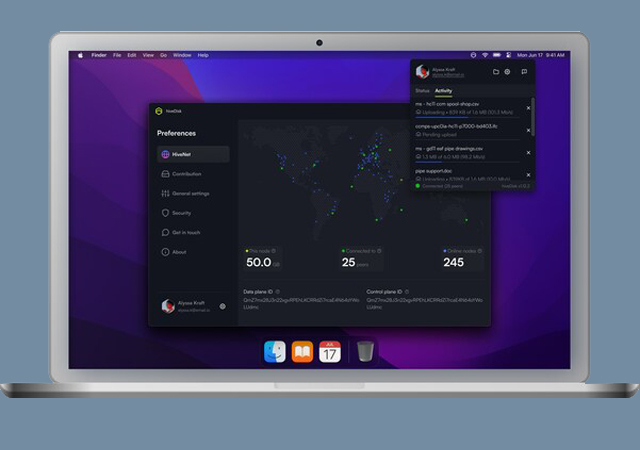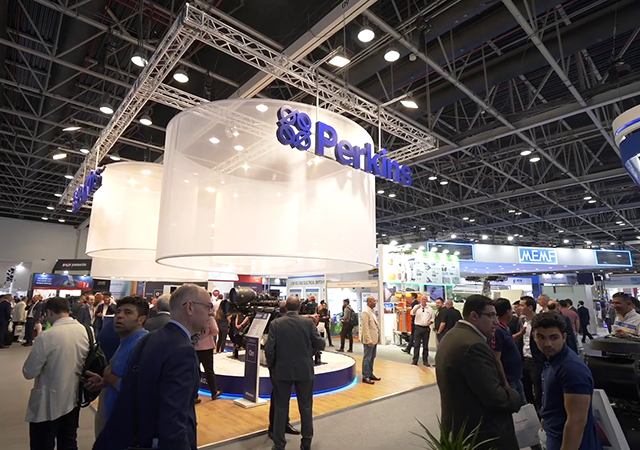

DAR SOLAR, a Saudi-owned company that assists solar engineering companies to become established in the kingdom and the Mena region, is currently examining a solar-hybrid solution for a hatchery that consumes 900,000 litres of diesel annually throughfour generators.
“Given the intermittent nature of solar PV, the existing onsite generation, and the need for continuous power, Dar Solar is evaluating a solar hybrid solution that will likely include the combination of existing generators and PV panels - and potentially, battery storage if needed,” highlighted Abdulmohsen Al Shoaibi, managing partner of DarSolar.
Meanwhile, participants at a recently held roundtable in Riyadh discussed the possibility that solar-diesel hybrid solutions may be the answer to reducing fuel costs and increasing energy security for Saudi Arabia’s agricultural sector. The prospect of the poultry industry, in particular, benefiting from hybridising diesel generators with solar photovoltaic systems, was discussed at the meeting.
“Hybrid solar-diesel systems are an effective solution to provide power to poultry houses, many of which are not connected to the national electric grid. Solar-based solutions are well adapted to the kingdom’s sunny conditions, and they can help reduce the poultry industry’s heavy reliance on diesel fuel,” said Mark Webster, agribusiness and food practice lead at PricewaterhouseCoopers. Webster was addressing the Sustainable Agriculture: A Solar Solution roundtable, which was organised by the Saudi Arabia Solar Industry Association (Sasia), in partnership with PwC and Dar Solar.
As a result of the heavy dependence on diesel fuel, Saudi poultry producers are incurring notably higher energy costs than Brazilian producers, who accounted for nearly 79 per cent of the kingdom’s poultry import in 2012.
“Domestic producers are expected to double national poultry production in the next few years, creating even further pressure on the demand for diesel fuel. A hybrid solar-diesel system will help poultry producers remain competitive against imports by ensuring a secure and affordable source of power to cool their poultry houses,” Webster noted.
At present, domestic poultry production accounts for only 40-45 per cent of the Saudi market. However, the share is expected to increase to 60-65 per cent in the next five to 10 years, due to massive investments in additional production capacities planned by the top Saudi producers.










.jpg)







-OFFICE-PIC.jpg)